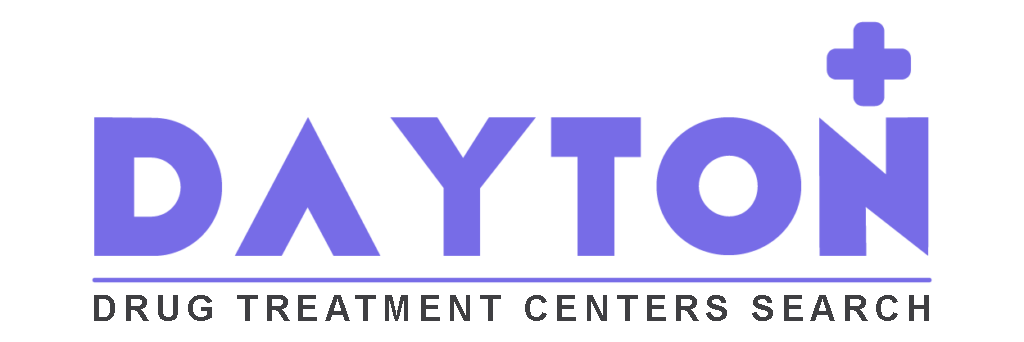Relapse Prevention Programs in Dayton, OH
There are many ways to tackle drug addiction, from intensive pharmacotherapy routines through to counseling and 12-step support groups. Medical Detox often marks the start of the drug treatment process, followed by rehabilitation, and aftercare support systems. While each of these components is important to the overall process, they are all useless if someone returns to drugs immediately following treatment. Relapse prevention techniques and systems in Dayton are designed to enable long-term behavioral changes, with therapists giving clients the physical and psychological support they need to turn their lives around. The principles of relapse prevention are often applied during rehabilitation campaigns, with dedicated relapse prevention programs also initiated on an aftercare basis.
What is Relapse?
Relapse, also known as recidivism, takes place when someone returns to problematic drug taking behavior following a prolonged period of abstinence. Relapse can occur at any time, with relapse prevention systems often needing to be applied in the weeks and months that follow formal drug treatment. Relapse is an extremely common feature of drug addiction, with 50 percent or more of drug treatment patients relapsing at some point. In order to understand why it’s so common, it’s important to understand more about the nature of drug addiction and how it influences compulsive and impulsive behavioral responses. Addiction is a learned behavior that normally develops over time in response to regular drug consumption. While it is often accompanied by physical withdrawal symptoms, addiction can be a purely psychological response recognized by drug cravings and intense psychological attachment. Relapse is both a physical event and a transgression that takes place over time, with relapse prevention programs treating the symptoms of emotional and mental relapse before a physical relapse event takes place.
How Can Relapse Be Prevented?
Relapse prevention programs are designed to help recovering addicts recognize potential triggers, avoid dangerous and high risk situations, and develop the psychological coping skills needed to make positive lifestyle decisions. These programs are typically based on cognitive, behavioral, and motivational principles, with some prevention programs also offering spiritual and practical support. Mindfulness techniques play an important role during relapse prevention, with patients only able to identify problem areas if they are aware of them first. Conventional cognitive behavioral therapy often comes into play, with therapists helping clients to recognize emotional and cognitive distortions before they lead to impulsive and compulsive behavior patterns. Family therapy and practical support measures can also be used to reduce relapse rates, with people much less likely to relapse when they have family support, stable employment, and somewhere safe to live.
The Three Stages of Relapse
Relapse is often approached as a series of progressive stages: emotional relapse, mental relapse, and physical relapse. Common signs of emotional relapse include mood swings, depression, anxiety, isolation, sadness, anger, and frustration. While therapists are able to recognize these warning signs during the early stages of treatment, patients may be completely unaware until it’s too late. Emotional relapse can easily lead to mental relapse if left untreated, with common signs including drug fantasies, drug cravings, and planning specific relapse events. Even if people are aware of these warning signs, they may not have the coping skills needed to turn things around. Physical relapse is the third and final step, marking a breakdown of the recovery process and a return to drug or alcohol use.
Let Dayton Drug Treatment Centers connect you with the right services for you. Just give us a call today at (937) 949-4099 to speak with one of our caring recovery advocates.

